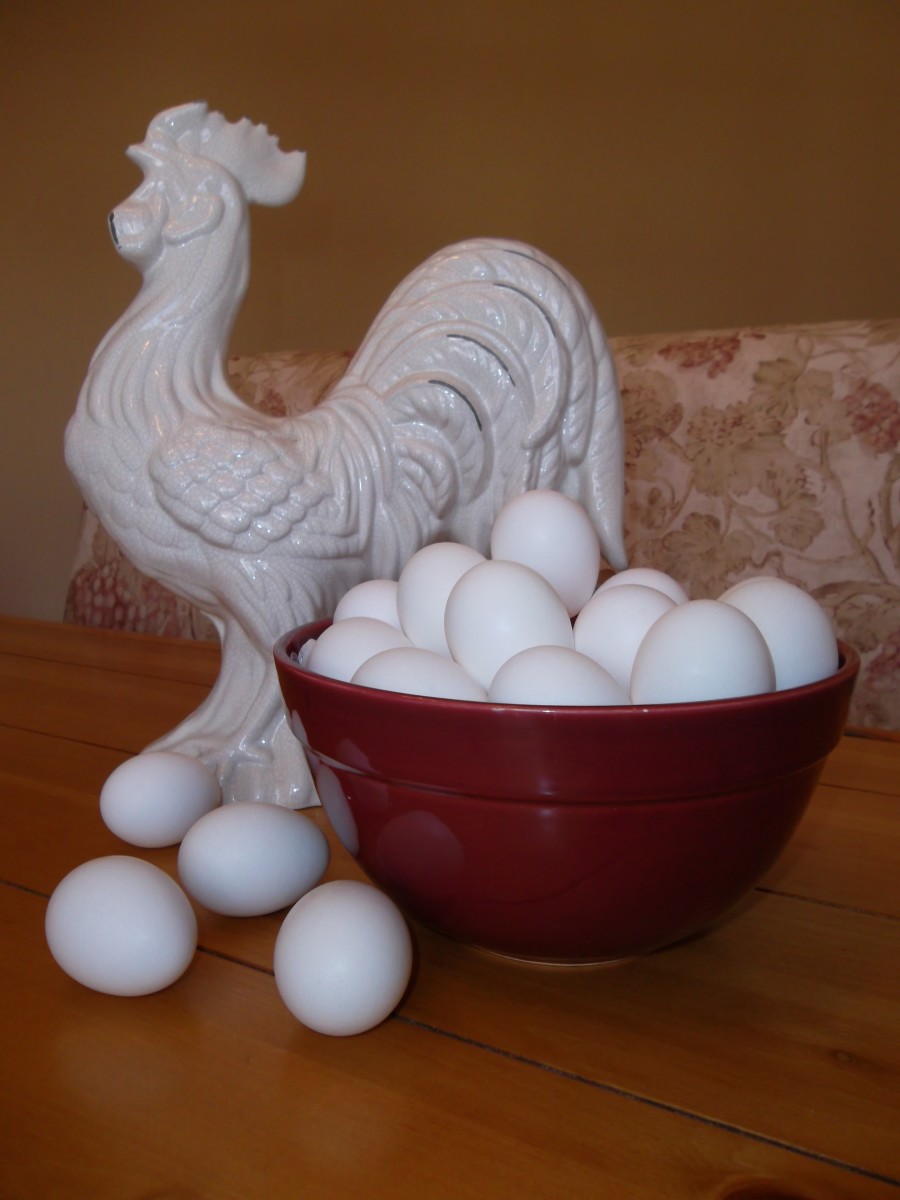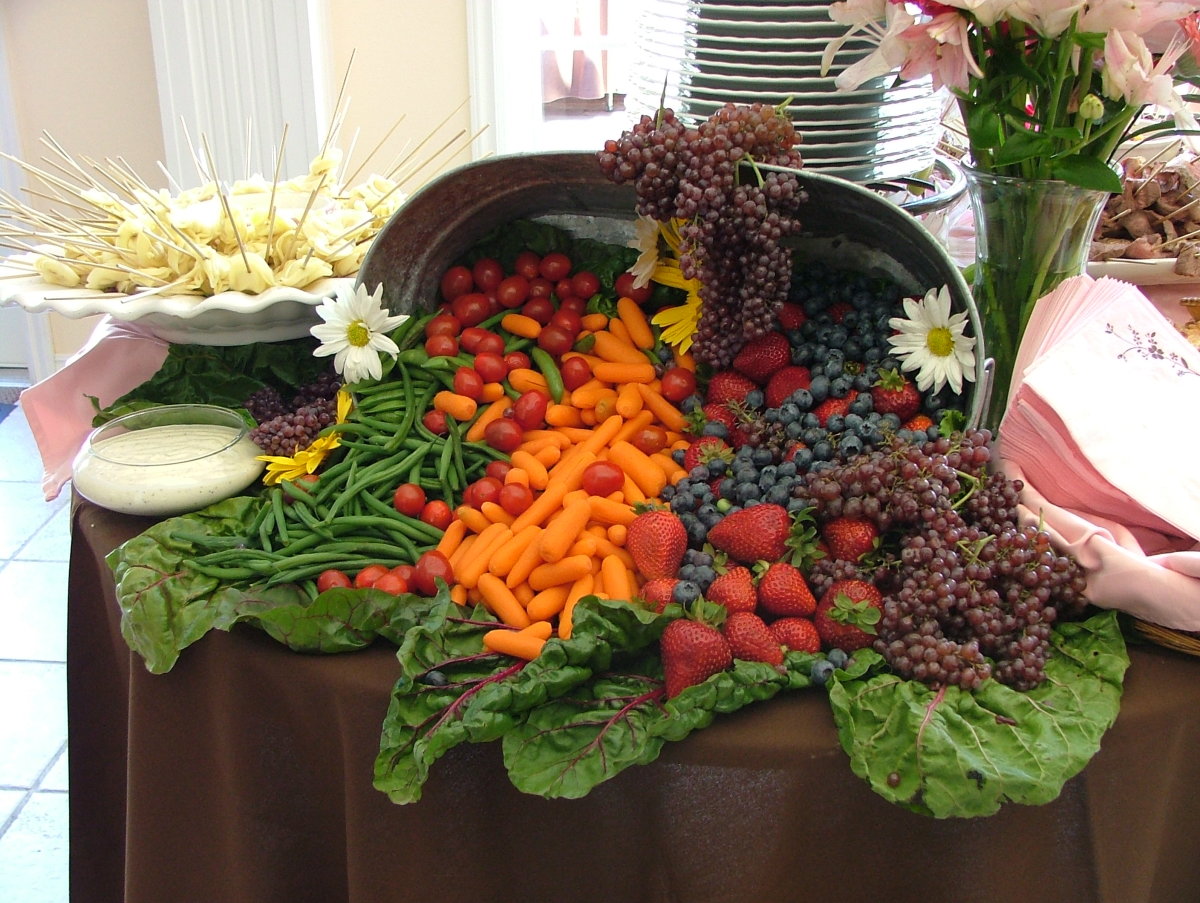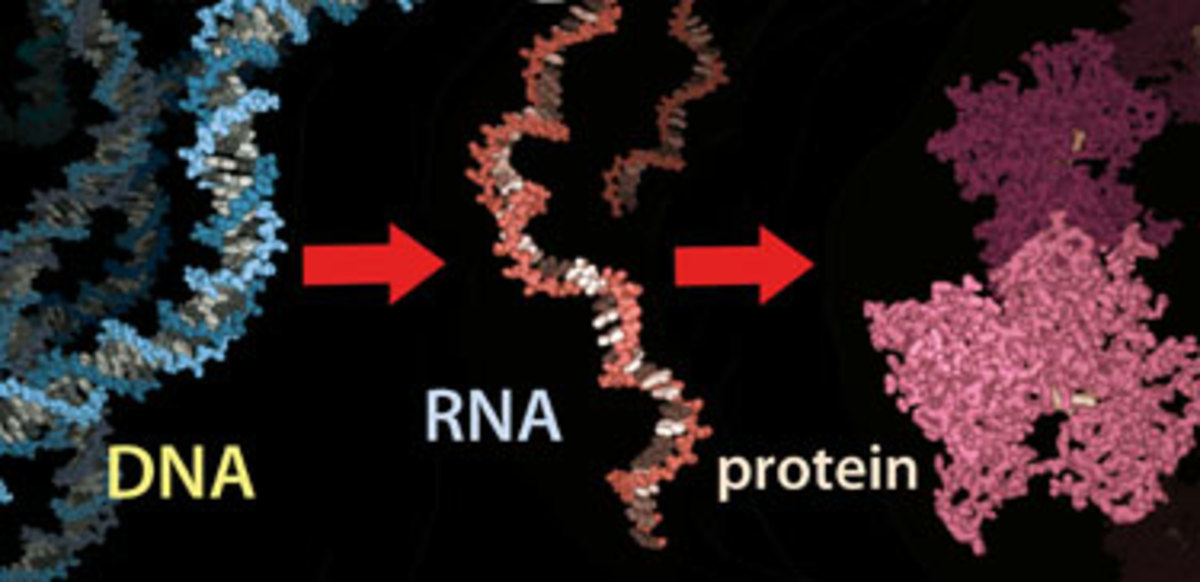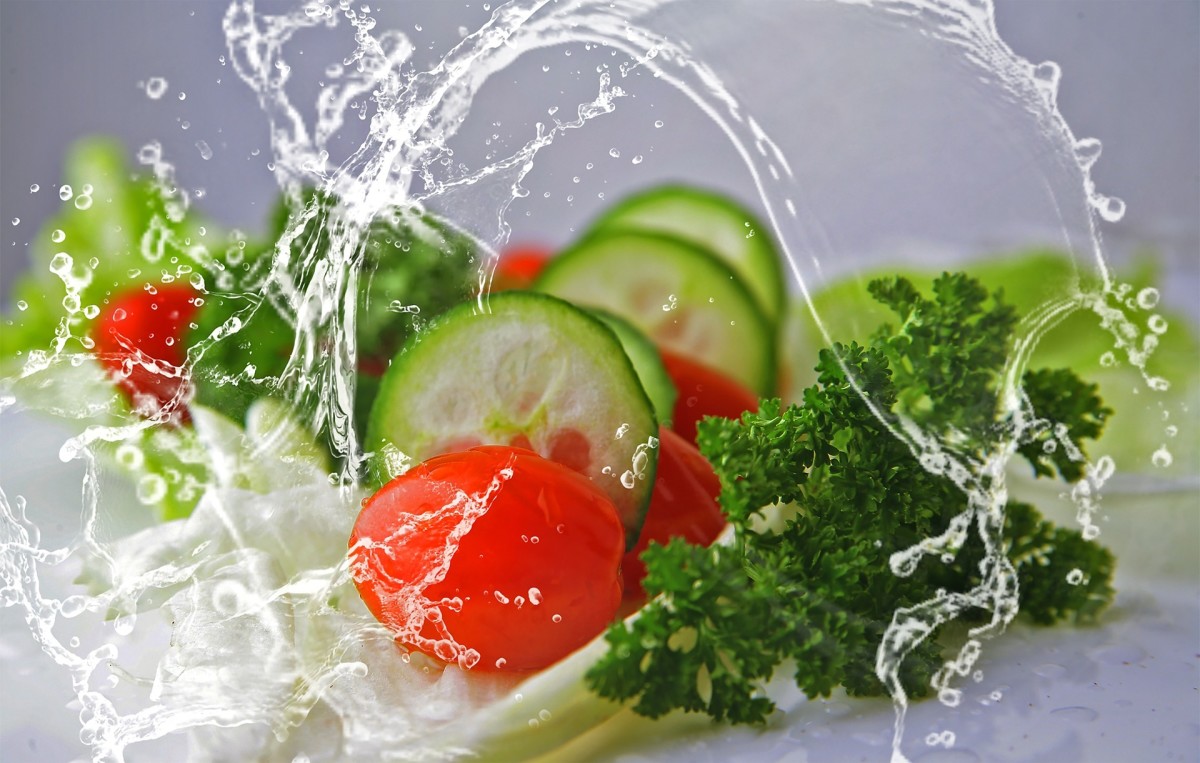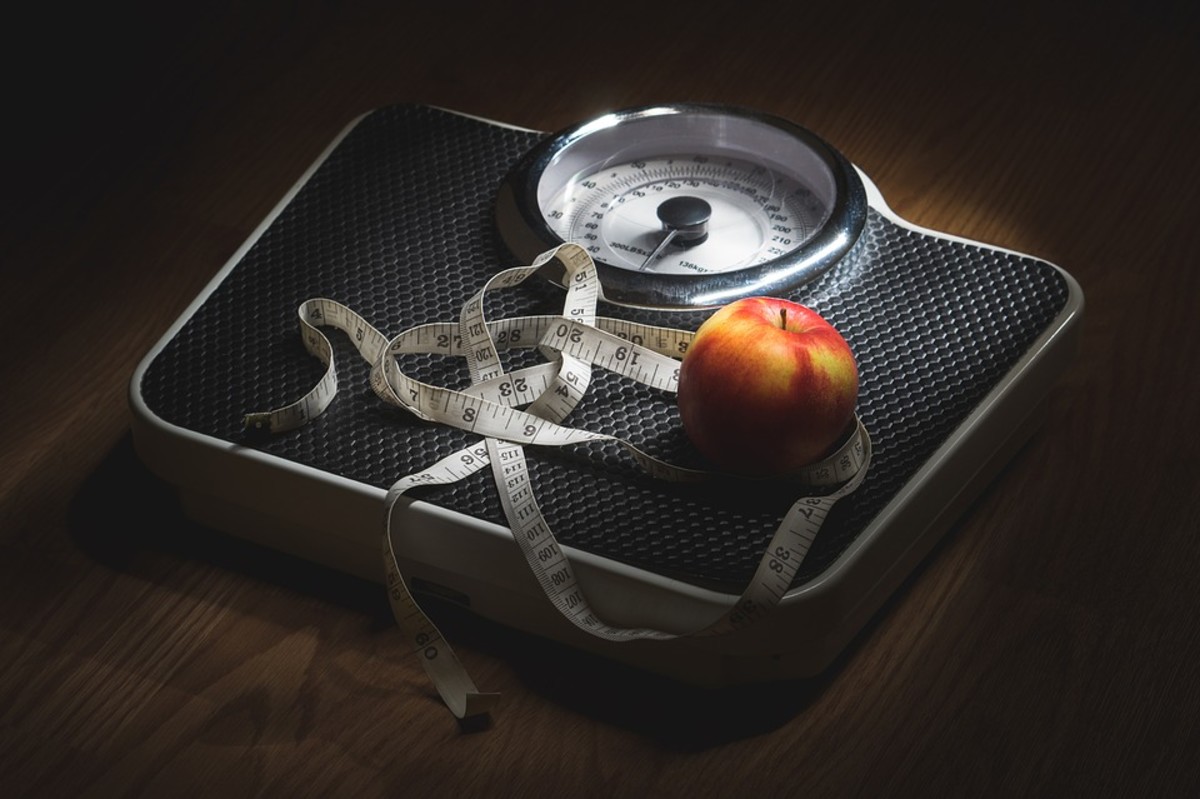How To Gain Muscle By Eating Well Part 2 - Protein
What is Protein?
Proteins are large biological molecules made from chains of amino acids. Like other biological macromolecules, such as polysaccharides and nucleic acids, proteins are essential parts of organisms and perform many functions within them, participating in virtually every process within cells.
Protein has many important roles in the body, being necessary for -
- Muscle and tissue growth
- Muscle and tissue repair
- Regulating the pH balance in the blood
- Preserving lean muscle mass
- Controlling important metabolic processes
- Providing energy when carbohydrate is not available
- Making essential hormones
- Making enzymes and catalyzing chemical reactions
- Immune function via protein antibodies
- Maintaining body fluid balance
Protein works in your body to grow, repair, and replace tissues.
Want to know how to build muscle? This is why you need protein in your diet. Listless, tired? Can't concentrate? Minor wounds taking ages to heal? You need to eat more protein. The proteins that you eat are broken down in the stomach by enzymes known as proteases, to provide amino acids for the body. Along with their role in protein synthesis, amino acids are also a source of nitrogen.
Nitrogen Balance
For body builders, nitrogen balance is important. Nitrogen balance is the difference between the amount of nitrogen taken in and the amount excreted or lost. If you lose more nitrogen than you consume, your body breaks down muscle tissue to get it. If you consume more than you lose, you achieve an anabolic – or muscle building – state.This is what you want.
Mmmmm, meaty.
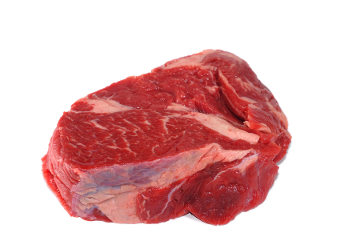
Catabolic State
But if your protein output exceeds intake you have a negative nitrogen balance, which is not good because the opposite happens. This puts your body in what is called a catabolic state. Your body loses muscle mass.
The catabolic state is when muscle tissue is broken down for energy purposes. Your body can’t grow when it’s in a catabolic state.
You need Protein
Protein is a nutrient your body needs for growth and maintenance. Protein is not stored effectively in your body, so if not used it's expelled as waste. Which is why you need regular protein intake in your diet.
Most animal and some vegetable proteins are considered complete proteins with a full complement of essential amino acids. These are the ones you want in your diet, and you get them in red meat, poultry, fish, whole eggs, yolk and all, and dairy - milk, plain yogurt, cottage cheese, whey. Vegetarians can try protein combining to get the essential amino acids in their diet. This is where you take note of what amino acids are present in the foods you eat and try to cover all the bases that a meat diet would provide.
Proteins are broken down in the stomach during digestion by enzymes known as proteases into smaller polypeptides to provide amino acids for the body, including the essential amino acids that cannot be made by the body itself. Thus, protein from one's diet should provide both essential and non-essential amino acids for protein synthesis.
Protein on Amazon.
How Much Protein Do I Need?
Physical activity and enhanced muscular mass increase the need for protein. You also need more during childhood, for growth and development, during pregnancy or when breast- feeding, to nourish your baby, or when recovering from bodily trauma, like an operation.
If you don't eat enough generally, the body will use protein from muscle mass to meet its energy needs, leading to muscle wasting. If you don't eat enough protein, then muscle will also waste as more vital cellular processes like respiration enzymes and blood cells recycle muscle protein for their own needs.
Medical guidelines recommend a daily protein allowance of 0.8 grammes per kilogram of bodyweight. This is based, however, on maintaining adequate health while sedentary, and doesn't take an active lifestyle into account.
Studies have concluded that active people and athletes need more protein because of increased muscle mass and sweat loss, as well as a greater need for body repair and energy. There's an equation for working this amount out that takes your percentage of lean tissue into account:
Daily Protein Requirement = Lean Mass Weight x 2.75 / 1000
This requires you to know your body fat percentage, so you can subtract this from your total weight to arrive at the lean mass figure. Multiply this by 2.75, then divide by 1000, and you have the amount of protein you need daily in grammes.
Or... just eat every day the same amount of grammes in protein as your body weighs in pounds. A 150 lb/ 70kg body builder, therefore, would need to eat 150 grammes of protein every day to maintain an anabolic state. You arrive at a similar figure without the math.
Some people don’t feel that loading up on protein is a good idea for anyone. But if you want to get in good shape, you need the amino acids in protein to work in your body.
Where to get your daily protein fix
- Beef, Chicken, Turkey, Venison
- Beans, Lentils,
- Bread
- Eggs, Milk, Cheese, Yogurt
- Tuna, Salmon, Mackerel
- Tofu
These are relatively high protein content foods, but proteins also come in fresh vegetables, rice, peanut butter - all kinds of food. Eat a varied diet.
Some of these foods can also contain too much cholesterol, fat and calories for a healthy diet, which means you have to get a little choosy about what you eat, and how you prepare it. Steaming is good, deep frying not so good. On the other hand, worrying too much about this can lead to orthorexia, so it's probably best to just follow a few simple rules and not obsess over it.
What Kind Of Protein Should I Eat?
Stay away from fatty, salty processed foods - bacon is a treat, not a lifestyle. Sorry. Chicken is good, as is all poultry. Beef and all red meat has great nutritional value. Steer clear of fatty cuts and fried meats.
Eggs? Eat the whole thing. The cholesterol in egg yolk has no harmful effect on blood cholesterol levels, and the egg yolk is packed with vitamins. Natural yogurt, milk, and cottage cheese are easily absorbed.
Fish is a good low fat option. Canned tuna and salmon are convenient, and the real, fresh article is delicious. Pick oily fish like salmon and mackerel for the essential oils they contain, to get good fats into your diet.
Eat six well-balanced micro-meals containing protein throughout the day. Make sure you eat enough carbohydrates and fats too, since they're both necessary for healthy growth. Muscles use glycogen for fuel, and you can only get this from carbohydrate. Just make sure they're low GI carbohydrates. Fresh salads with your protein choice are a good way to eat a balanced diet.
Since this kind of eating can quickly get to be a chore rather than a pleasure, consider replacing two of your six daily meals with a protein shake. These are easy to make, taste good, and are easy to take in.
Remember: test and analyse results. If you start getting fat, or hit a plateau with your training, take another look at your diet to make sure you're not eating too much of the wrong food.
Eggs.
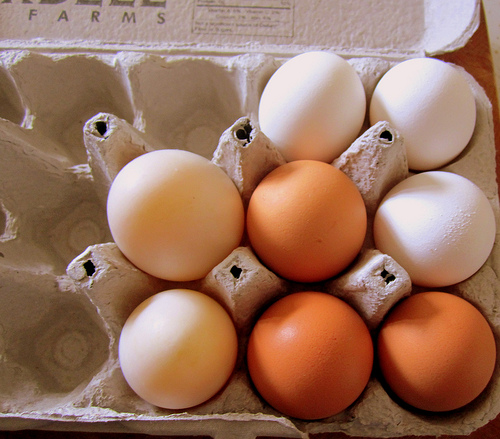
When Should I Eat Protein?
With every one of the six small meals you consume daily. This ensures a steady flow of protein in your bloodstream so your muscles never go short. Eat a light protein meal shortly before bedtime to ensure you build muscle while sleeping, and to tide you over the eight hour fast.
Less Protein?
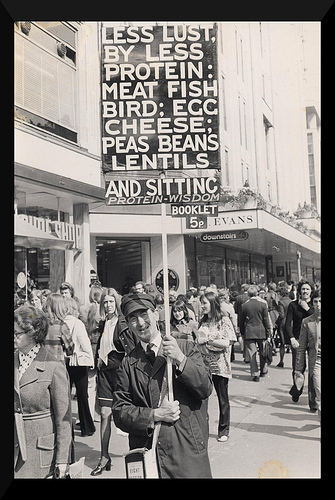
You Need Protein In Your Diet.
Bottom line? When you work out, eat a normal diet containing healthy animal sources of protein - lean red meat, chicken and fish, eggs and dairy produce - and eat a little more after your workout. If you don’t have chronic kidney disease, don’t worry about how much protein you're eating. If you want to build muscle, you have to eat more, and you have to eat a little more protein.
More Links About Protein
- Bodybuilding.com - Protein Intake For Serious Bodybuilders!
Using a diet that is set up like this will allow you to gain muscle while slowly lowering body fat over time. Your strength in the gym will also increase due to the change in protein levels and the increase in calorie levels. - Nitrogen balance - Wikipedia, the free encyclopedia
Nitrogen Balance - Protein (nutrient) - Wikipedia, the free encyclopedia
Protein


